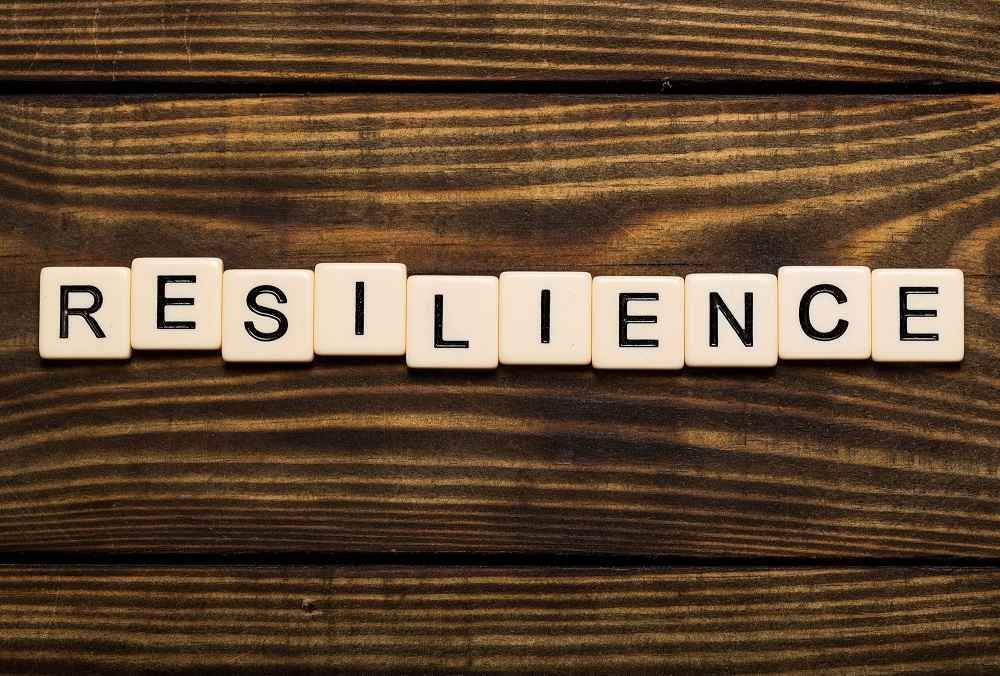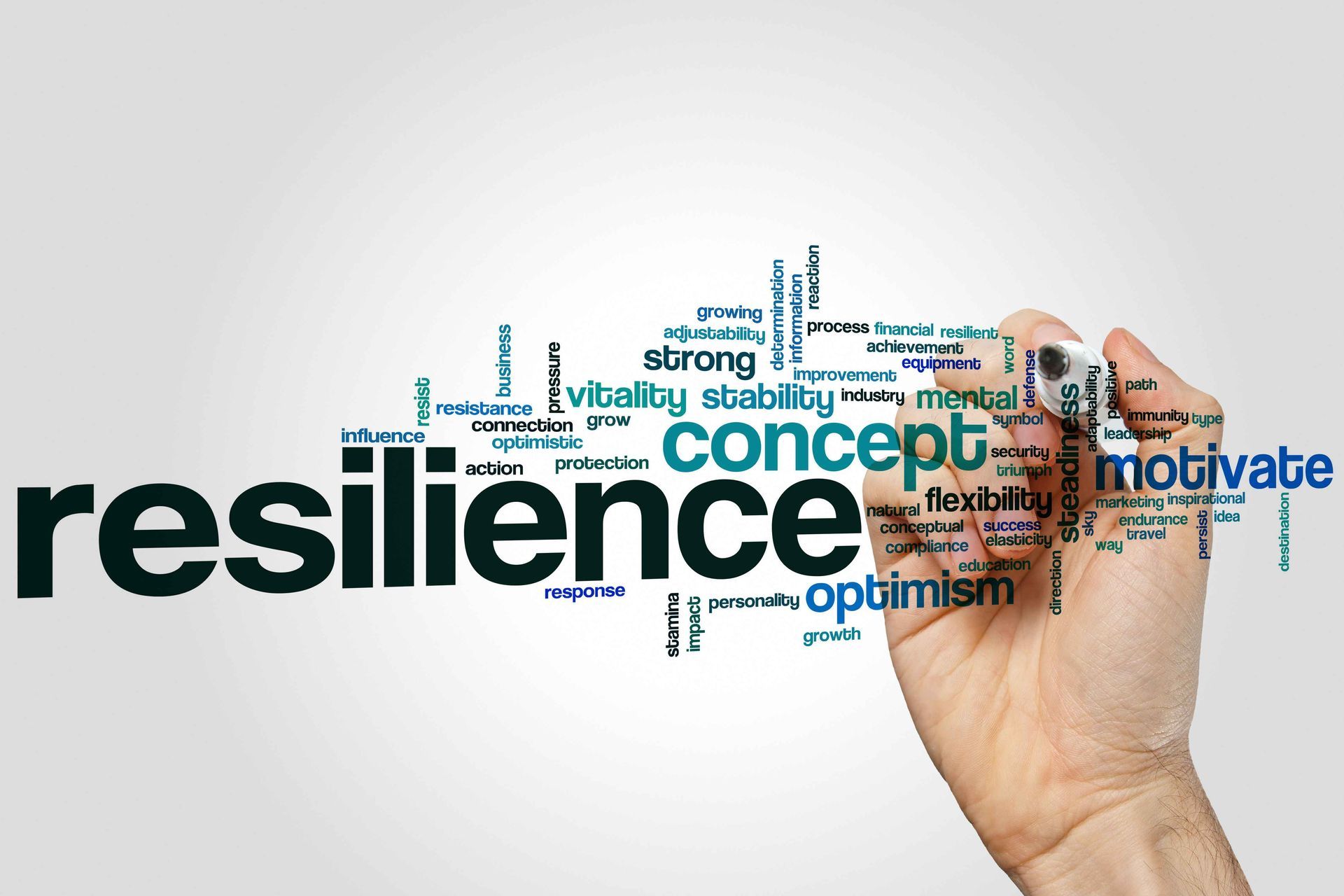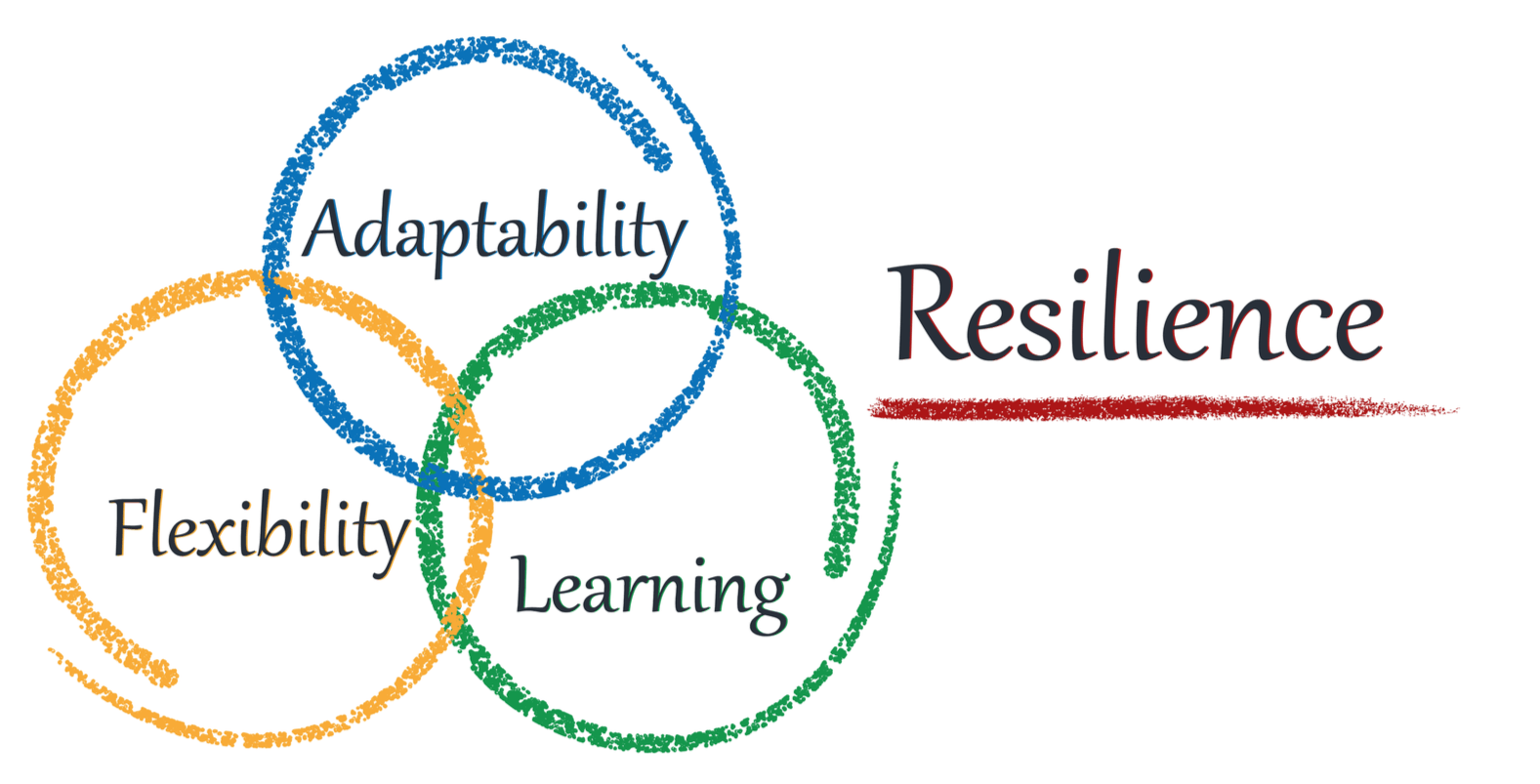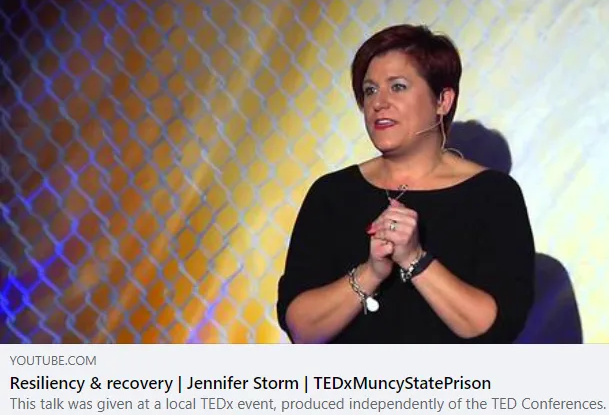If you are an adult in crisis, please call the 24/7 Adult Crisis Hotline at 904-206-1756.
If you are a teenager or young adult in crisis, an adult with a child in crisis, or a friend of a youth in crisis, please call the 24/7 Youth Mobile Response Team at 904-580-0529.
Please call 9-1-1 immediately if you or your loved one is having a medical emergency.
WHAT IS RESILIENCE?
Resilience is defined as the ability to recover from setbacks, adapt well to change, and keep going in the face of adversity. Life’s stressful situations challenge our ability to cope – to be resilient. When human resilience is put to the test, some people respond by using drugs or alcohol.
WHAT DOES RESILIENCE HAVE TO DO WITH ADDICTION?
According to the article, Resilience to Meet the Challenge of Addiction, published by Alcohol Research, research has found that both acute and chronic stress plays an important role in the development of addiction. It has also been found that chronic misuse of substances alter the brain, body, behavioral, and social functions, basically causing the person who is addicted to be dysregulated physiologically. What is physiological dysregulation? According to Science Daily, it refers to the wearing down of the body's ability to bounce back from stress, damage or other adversity. Examples include the body’s inability to properly regulate blood sugar or the body mounting an inappropriate immune response that doesn’t go away and causing damage to the body’s own cells. The condition is most commonly used when discussing aging, but research is finding similar results in those battling addiction.
The ultimate goal of researching resiliency and addiction is to develop strategies for how to enhance resiliency and cope with stress, hopefully preventing addiction or relapse.
KEY TRAITS OF RESILIENCY
Being adaptable, flexible, and resilient are signs that one is willing to learn new ways of thinking, are open-minded, and take a positive approach to change. These, combined with learning, demonstrate someone with willingness to adapt to difficult situations while learning new ways to approach those difficult situations, giving them tools to recover more quickly, the very definition of resilience.

APPLYING RESILIENCE IN LIFE
It has been said that resilient people, regardless of the obstacles they face, possess three characteristics: a firm acceptance of reality; a deep belief, often supported by strongly held values, that life is meaningful; and a remarkable ability to improvise.
Applying these traits toward overcoming substance abuse may be an important tool in helping those who are struggling with an opioid addiction.
In this video, Jennifer Storm, a survivor of childhood sexual abuse explains how she turned to drugs and alcohol to cope with her trauma. This further destroyed her life before she undertook a powerful journey of resilience and recovery. Ms. Storm now has a career dedicated to helping other victims through similar traumatic situations.
This project is supported by the Centers for Disease Control and Prevention of the U.S. Department of Health and Human Services (HHS) as part of a financial assistance award totaling $165,200 with 100 percent funded by CDC/HHS. The contents are those of the author(s) and do not necessarily represent the official views of, nor an endorsement, by CDC/HHS, or the U.S. Government.
All Rights Reserved | Florida Department of Health - Nassau County. Website by BizBolster Web Solutions, LLC







